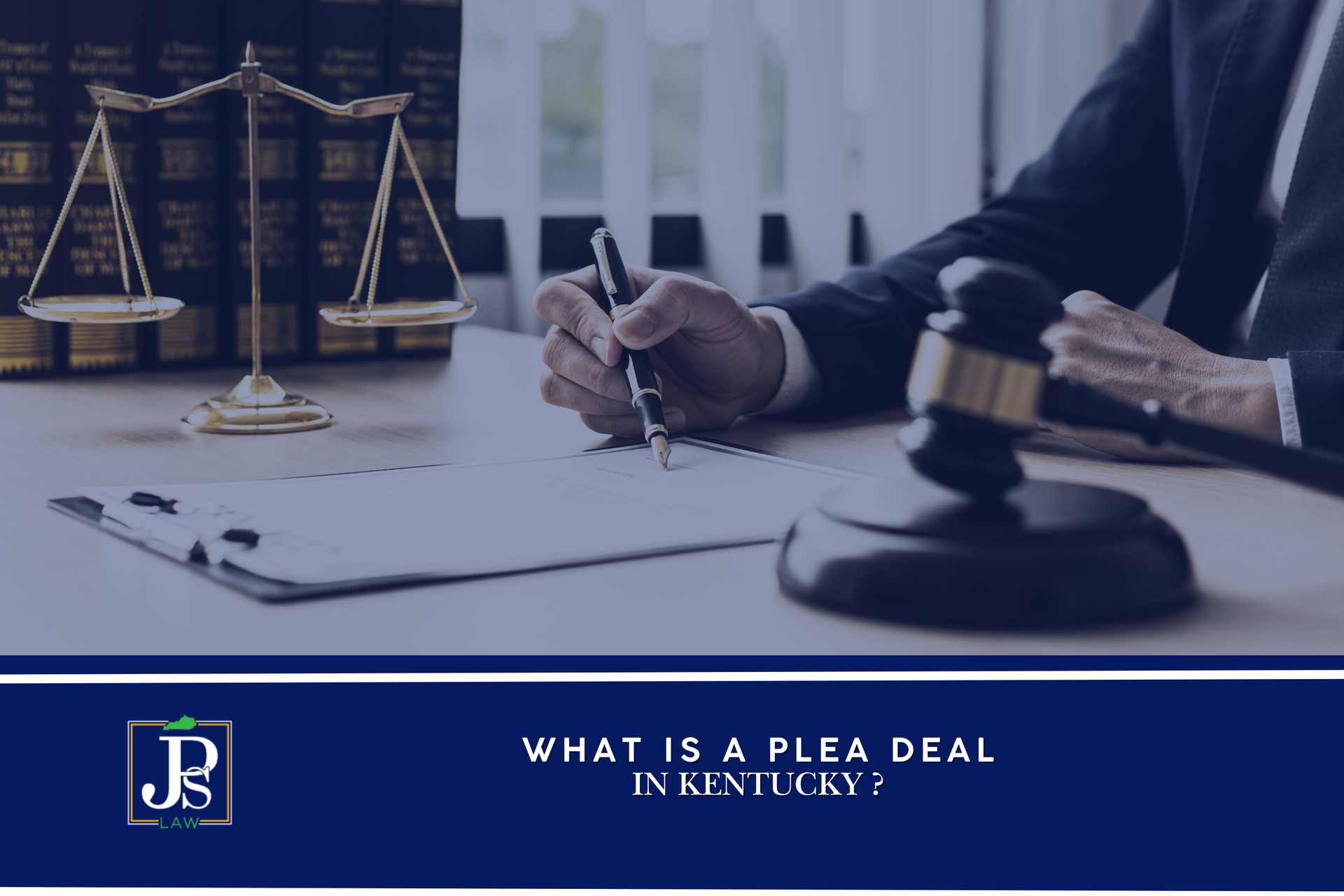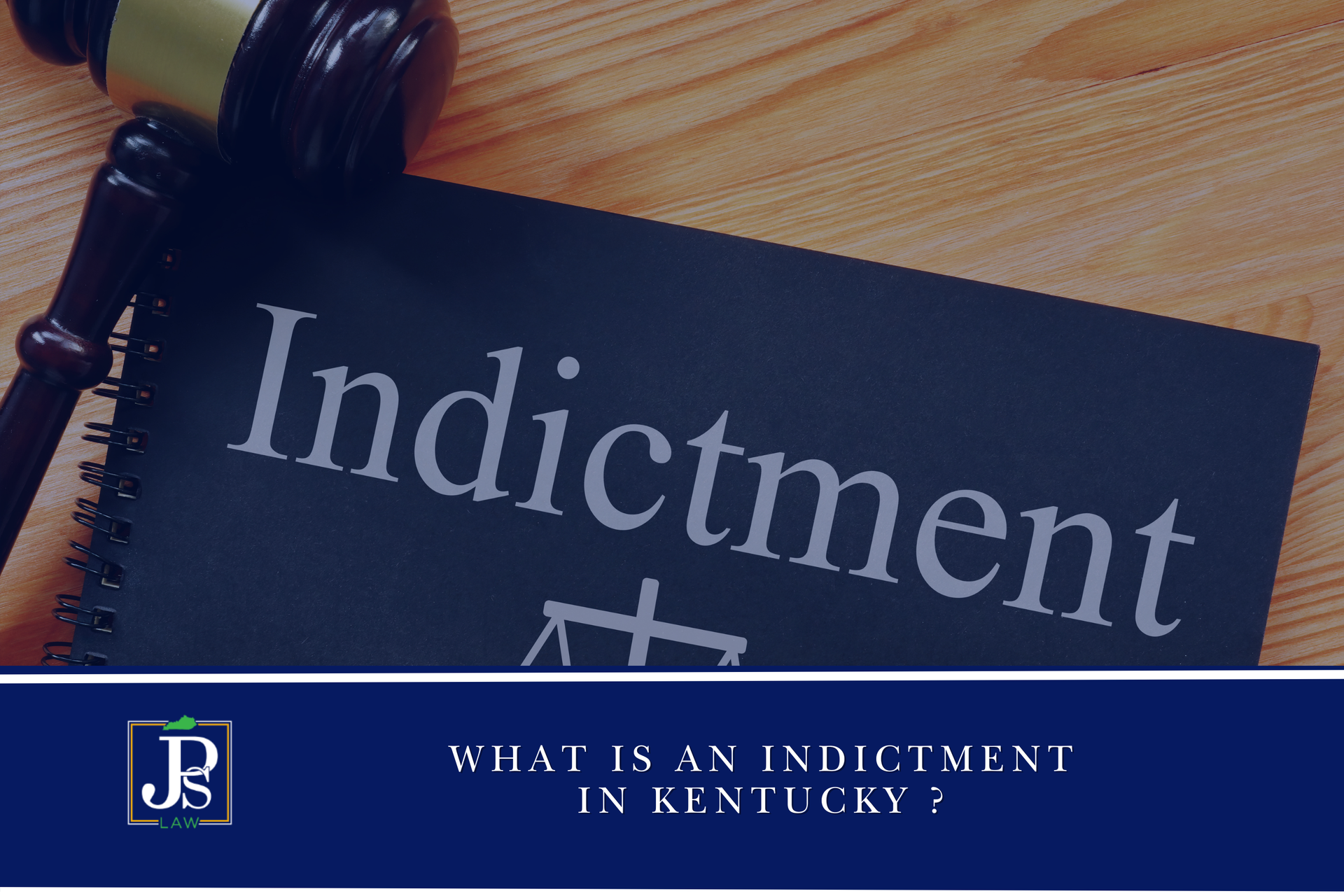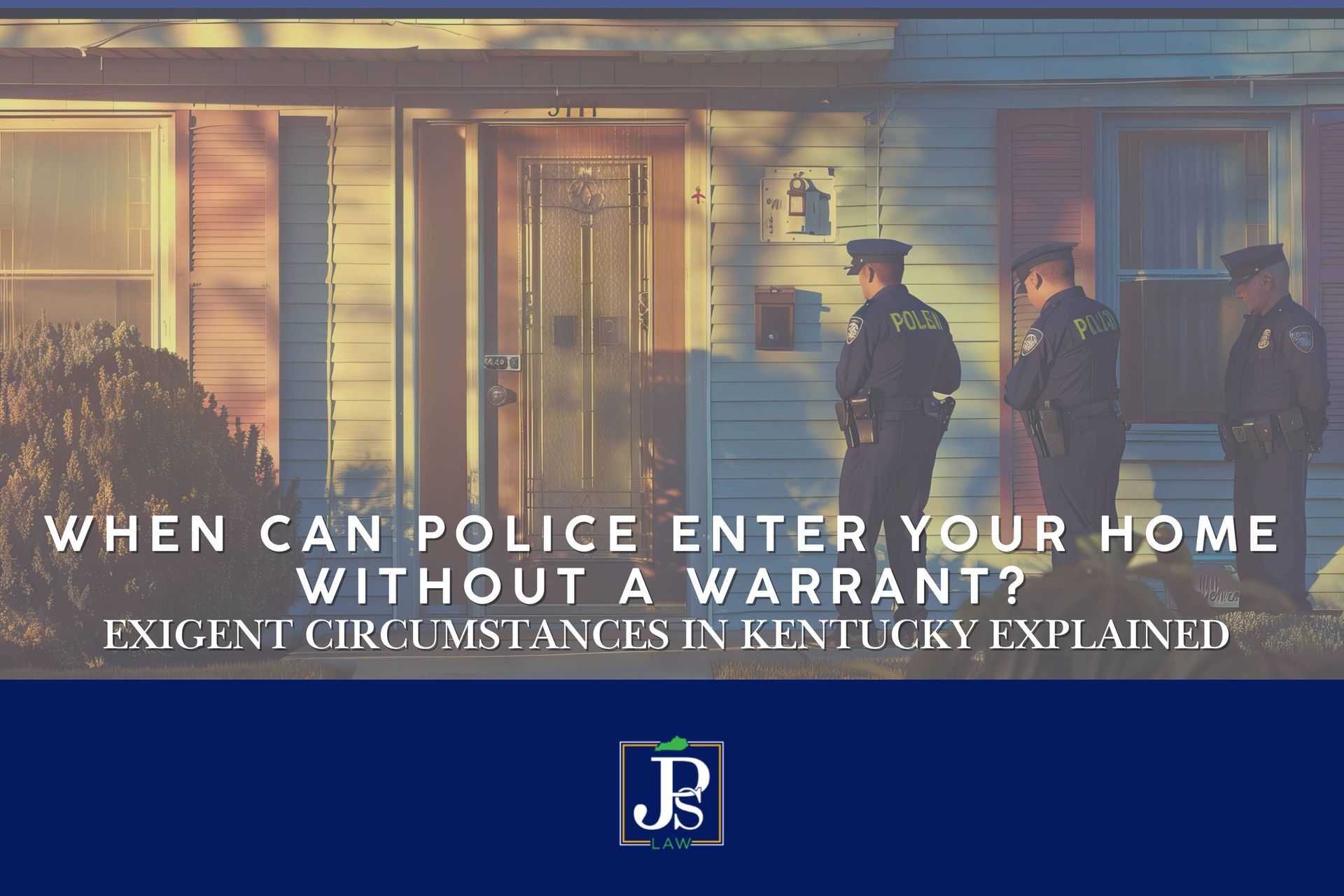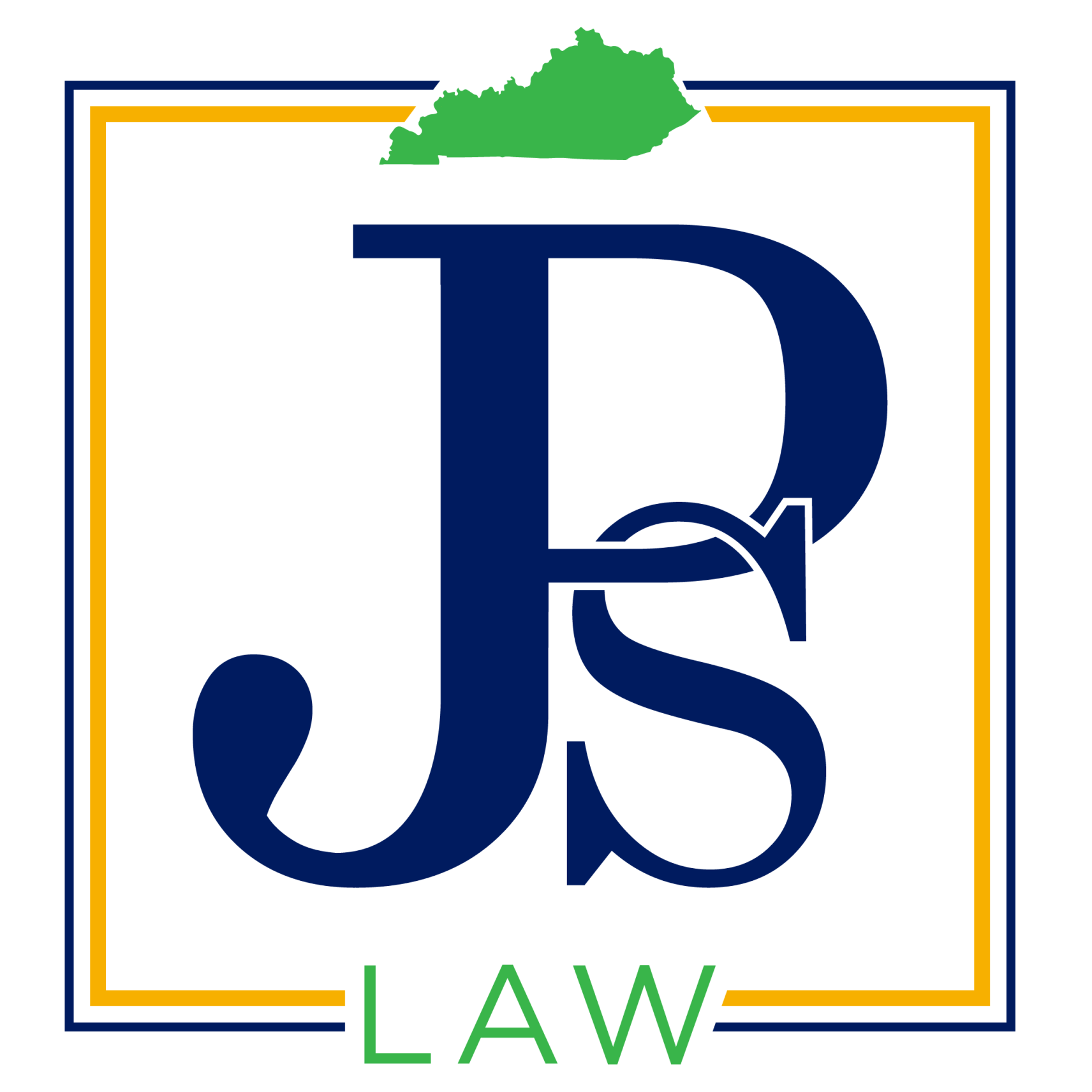A passionate belief at a city council meeting... The echoing chant of a protest crowd... Taking a stand on a public sidewalk. These are the sounds of American democracy in action. Yet more and more, what the First Amendment protects as free speech is increasingly being criminalized as "disorderly conduct" and other charges. At JPS Law, we've seen a troubling surge in cases where lawful demonstrations are silenced through charges like those outlined in KRS Chapter 525—Kentucky’s statute on riot, disorderly conduct, and related offenses. If you’re facing accusations after exercising your constitutional rights, here’s some history about the law and how we can help you fight back.
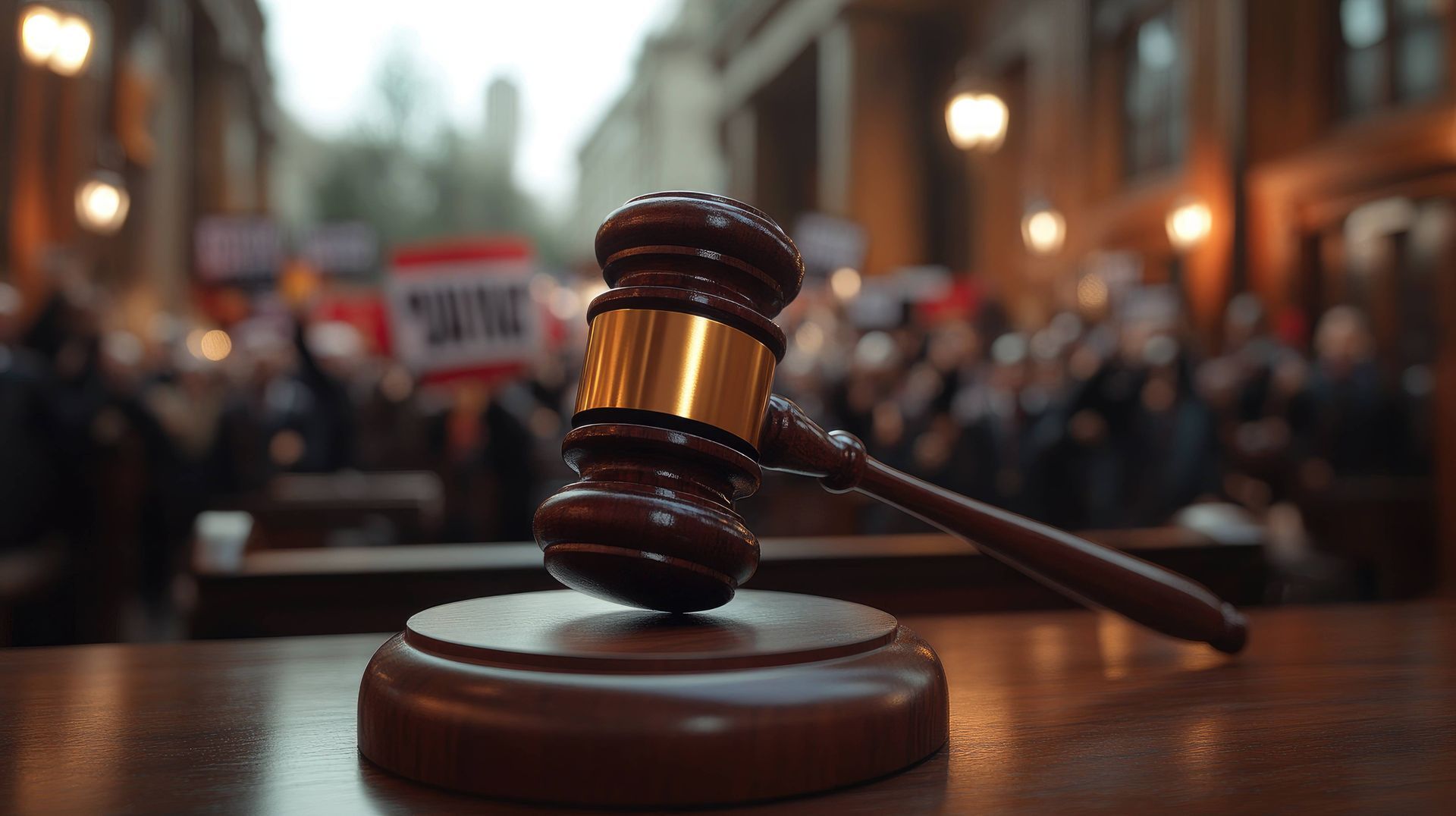
Contact, call, or text us to speak with a member of our team.
What Is Disorderly Conduct?
2nd Degree Disorderly Conduct Under KRS 525.060.
This statute criminalizes behavior that creates alarm, annoyance, or public inconvenience through:
- Threatening, violent, or tumultuous behavior.
- Unreasonable noise.
- Refusal to disburse in an emergency.
- Creating hazardous conditions without justification.
The First Amendment does not permit Kentucky to punish speech solely because it’s controversial, loud, or inconvenient. As recognized by the ACLU of Kentucky, your rights are strongest in "traditional public forums" like streets, sidewalks, and parks. The critical question is: Was your conduct truly disruptive, or merely expressive?
Alarming Legislative Trend: HB 399
In 2025, Kentucky enacted
House Bill 399, creating felony charges for "interference with a legislative proceeding." This law was vetoed by Governor Andy Bashear and the veto was then later reversed by the Legislature. It:
- Allows legislative leaders to order arrests for "disruptive conduct".
- Makes first offenses Class A misdemeanors (up to 1 year jail).
- Escalates repeat offenses to Class D felonies (1-5 years prison).
This weaponizes further disruption allegations against protesters.
Prove Your Speech Was Protected and Your Role In the Engagement
- We meticulously document where your speech occurred. Protected forums include:
- Public streets/sidewalks.
- Capitol grounds (except chambers during sessions under HB 399).
- Public parks.
- Police cannot arrest you solely for refusing orders to stop filming or for protesting or chanting legally. Officers must provide clear exit routes and compliance time before arrests, which should happen peacefully. Bodycam footage should be on if required in the locality.
- Were you a victim of excessive force? Shoulder dislocations during peaceful standoffs? These become civil rights claims.
- The attending law enforcement must enforce the law effectively and these arrests should be indiscriminate of any viewpoint. Officers cannot delete protest videos, seize cameras or phones without warrants, or perform pat-downs without weapon suspicion.
- The Supreme Court sets a high bar for protected speech, but unprotected acts include:
- Blocking building entrances.
- Ignoring lawful dispersal orders.
- Throwing objects at officers.
Fighting Back: Your Action Plan If Charged with Disorderly Conduct
If you were peacefully protesting and following the law, don’t let officials criminalize your dissent. We argue this violates the Kentucky Constitution’s free speech clause. Here are some tips to help you if you’re involve in an act of civil protest.
- Document Everything (Officer names and badge numbers, witness contact information, timestamps of any arrests, immediate photos of injuries or property damage.
- Invoke Your Right To Remain Silent and For Legal Representation. DO not answer questions. Just say: “I am exercising my right to remain silent and want a lawyer.”
- Never consent to phone searches or unlock your phone for an officer.
What Are Some Ways Freedom of Speech Has Been Used in Defense?
Kentucky’s courts have overturned disorderly conduct convictions for protected speech.
- In Commonwealth v. Jones (1994), Jones was convicted of disorderly conduct. Her case emphasized that speech cannot be criminalized solely for being "unreasonable noise" if tied to public dissent.
- In Musselman v. Commonwealth (1986), a harassment conviction for speech used during a traffic stop was overturned because it lacked explicit limits to incite violence, suppressing protected speech.
The First Amendment isn’t a suggestion—it’s the foundation of Kentucky’s democracy. When officials criminalize your opinions or dissent, we take the law back into your hands to defend your freedom of speech.
Facing Charges? Let’s Discuss Your Legal Strategy! Contact JPS Law today for a free consultation and let us help you understand your rights and any charges you may face.
Disclaimer: This blog provides general information and discussion about legal topics. The information herein should not be construed as legal advice. Readers should not act upon this information without seeking professional counsel from JPS Law.
